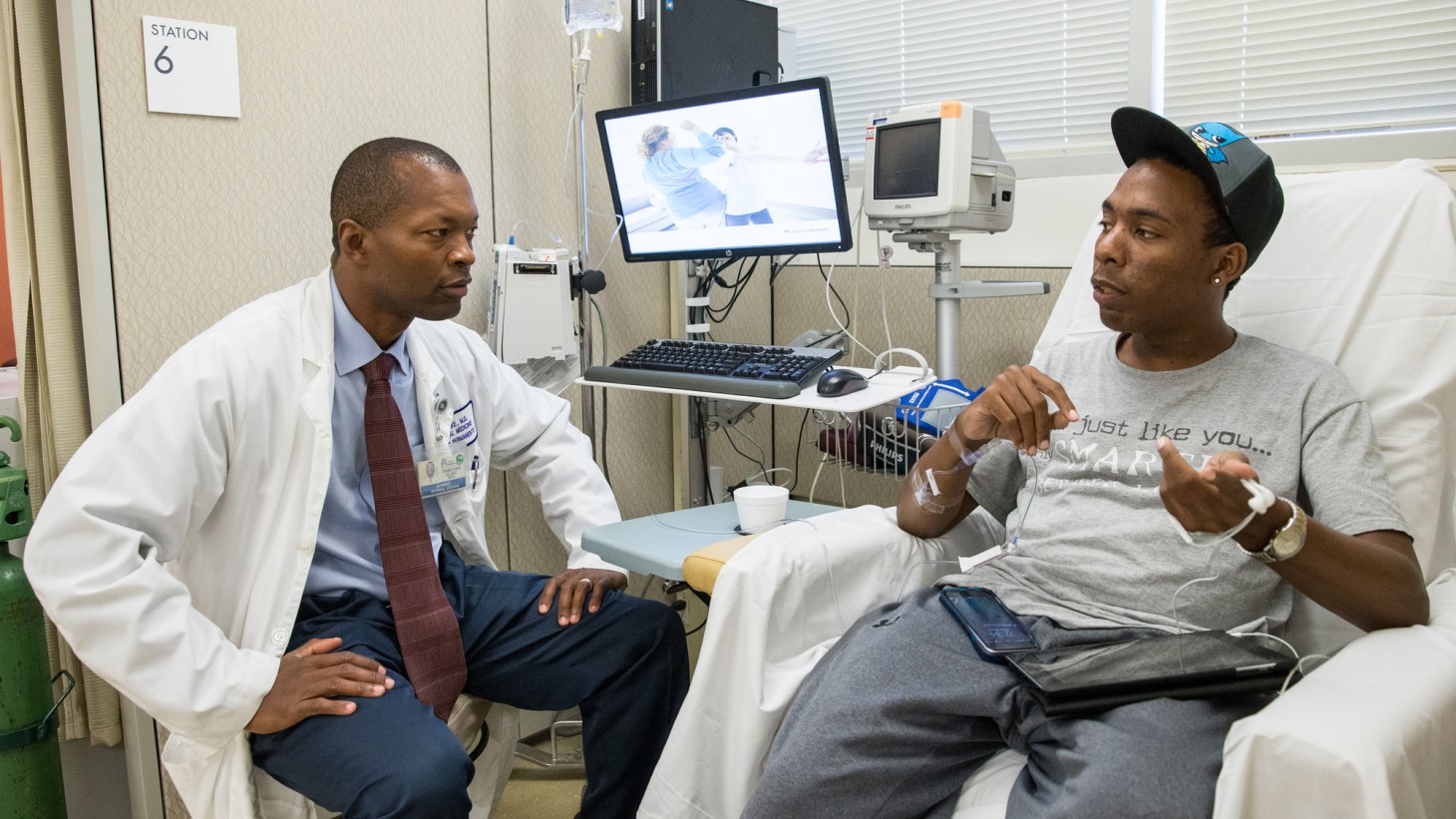Hank Fall 2014
See the whole issueFrom the Desk of Henrietta: Mind, Body, Service

Want to know what your patients think? Ask them!
This time, I was the patient. I’m confident I received the right care at the right time. The removal of a suspicious polyp may have averted colon cancer a few decades hence. I’m grateful for that.
But I wouldn’t say I was “at the center” of my care team’s processes. My interaction brought home for me the theme of this issue of Hank, how we can improve care by asking members to participate in performance improvement. Previous patients could have told my team:
The instructions given to members on prepping for a colonoscopy don’t mention that the effects of the purgatives might take two hours to arrive—and then arrive so urgently you’d better be three steps from the toilet. The prep sheet should note what you can do to be ready.
In the clinic itself, the row of patients lined up on their gurneys don’t need to overhear nurses, somewhat frustrated, adapting to staffing changes. Problem solving is good, but save those discussions for staff areas.
In the procedure room, introduce yourselves—and keep pleasantries appropriate. In my case, one of two nurses remained anonymous. The doctor introduced himself but asked, “How are we doing today?” The “we” was a wrong note; he and I were having distinctly different days
Body and spirit are intertwined, and so, too, are quality and service. Our bodies need “best quality,” our spirits need “best service.” Best care addresses both. Patients know better than anyone what best service looks like. Find ways to invite their voices into your team’s work.

